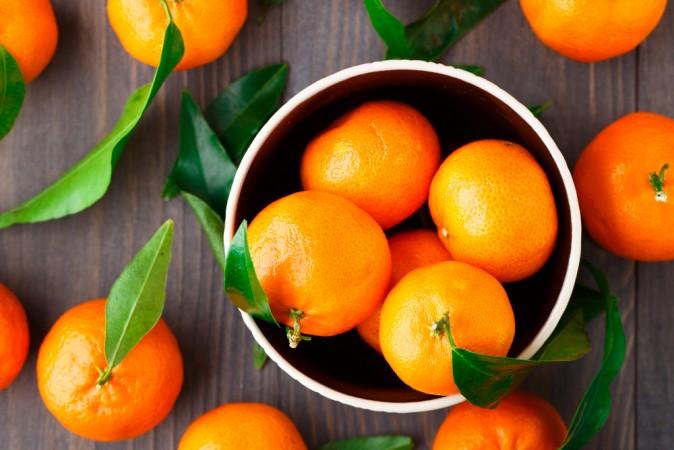Rosehips are the fruit of the rose plant. They’ve been used medicinally for thousands of years. New research shows they may help in the battle against obesity.
Rosehips have been used as medicine for thousands of years and have been shown in studies to have value in a range of health conditions. Now research suggests this fruit from wild rose blossoms may be an effective treatment for the modern epidemic of obesity.
Earlier animal studies demonstrated that rosehip extract inhibits weight gain and decreases visceral fat. But it wasn’t clear whether it could also help people.

Rosehips have been used medicinally for thousands of years and have been shown in studies to have value in a range of health conditions. Shutterstock




